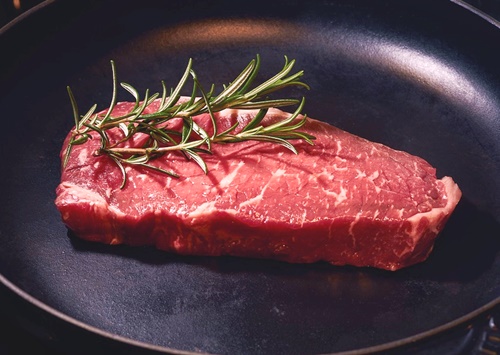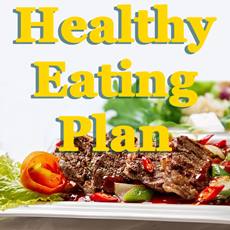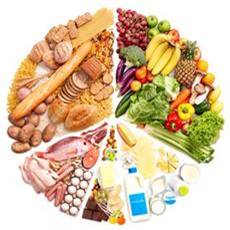The Controversial Paleo Diet has its Risks
The Paleolithic diet is an attempt to go back to our ancestral roots, some 300,000 years ago: human beings started as hunter-gatherers, not farmers, so the first Homo sapiens didn't sow cereals or milk cows.
Our distant ancestors ate meat (chicken, fish, beef, pork), nuts, legumes, and tubers.
Sugar, dairy (milk, cheese, yogurt, and butter), grains and cereals (flour, oats, barley, corn, etc.), and alcoholic beverages are all the result of our more recent development and date back to the last 10,000 years of human history (modern humans have been around for some 300,000 years).
So Paleo Diet supporters argue that what was "good" for our distant ancestors and was the staple diet for 290,000 years of human existence, is still good for us, twenty-first-century human beings.
This diet is promoted as a way to improve gut health, reduce inflammation, and lose weight.
Dr. Angela Genoni's doctoral thesis at the Edith Cowan University in Australia (1) expresses her concern about the Paleo diet.
Based on its composition it is a low carbohydrate diet (like the Ketogenic Diet).
The problem detected by Genoni is that by eliminating grains, people don't eat whole grains, and this reduces their dietary fiber intake.
Less fiber in the diet hurts gut bacteria.
The Negative Impact of a Paleo Diet
Eating more meat than usual and reducing fiber intake alters the composition of the microorganisms that live in your gut, the gut microbiome.
The bacteria that survive in this new "low fiber" environment produce more quantity of a chemical known as trimethylamine-n-oxide or TMAO for short.
High levels of TMAO are associated with a higher risk for cardiovascular disease or CVD.
This happens because eating more meat provides more raw materials used as precursors by the gut microbes to make TMAO.
The lack of fiber favors TMAO producing bacteria. Both factors combine for the perfect storm!
Backed by three scientific studies
Genoni did three separate studies using randomized subjects and fed them with either a "healthy diet" according to the Australian Guide to Healthy Eating (AGHE) or a Paleolithic diet.
TMAO levels, fiber intake, and bacterial mix in the gut were measured.
Genoni concluded that "The significantly higher concentrations of TMAO in the Strict Paleolithic group and the association with both whole grain intake and the microbiota indicates that a variety of carbohydrate sources and fibre components may be required to maintain colonic health."
How to lower your risks
Based on these conclusions, it is clear that the dietary fiber from whole grains should be replaced by eating more fiber-rich vegetables and fruits, such as berries, which also provide antioxidants.
Dropping whole cereals, flour, and dairy products means losing the vitamins and minerals (vitamins D, A, and calcium) that are added in most developed countries to these foods to "fortify" them.
Those going on a Paleo Diet should consider eating a Balanced Diet to compensate for these nutrient shortcomings.
Back to News...
> > News - Read more health and wellness news.




